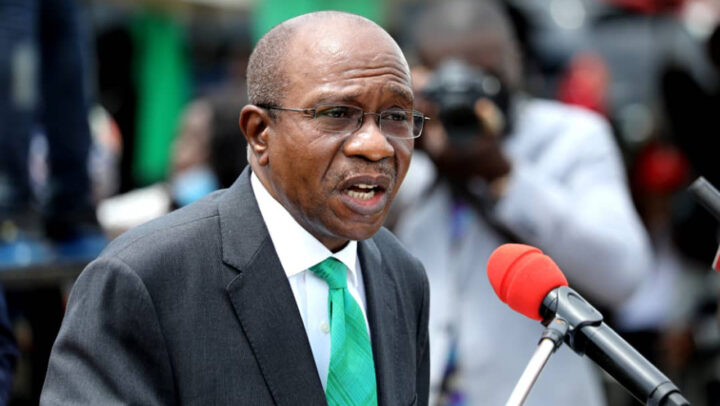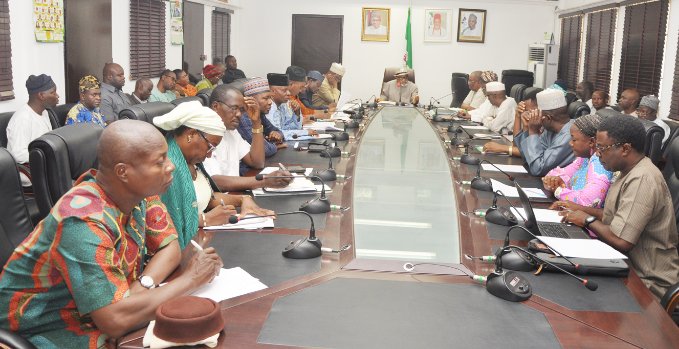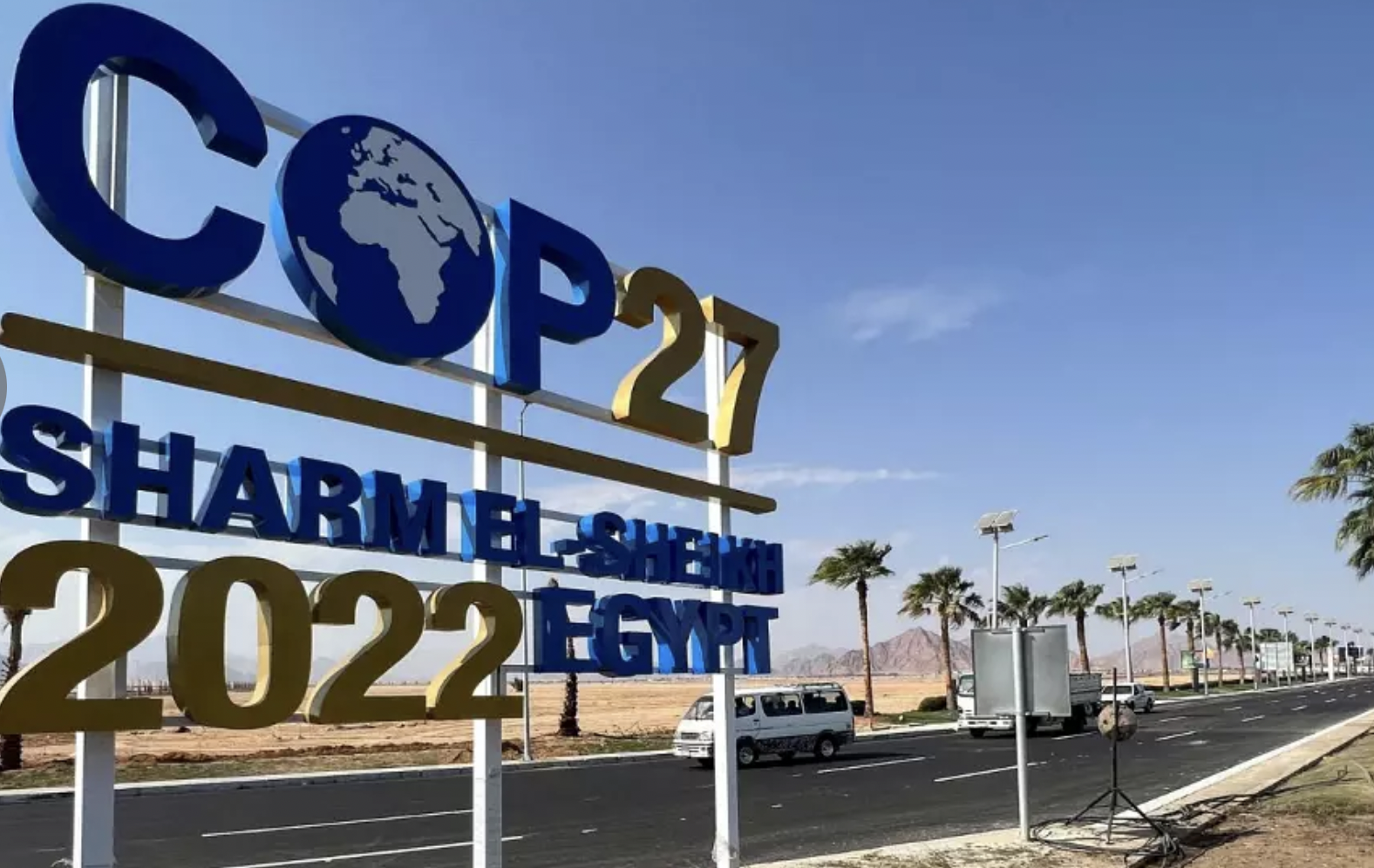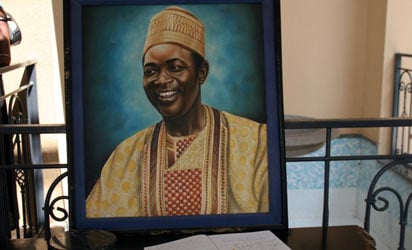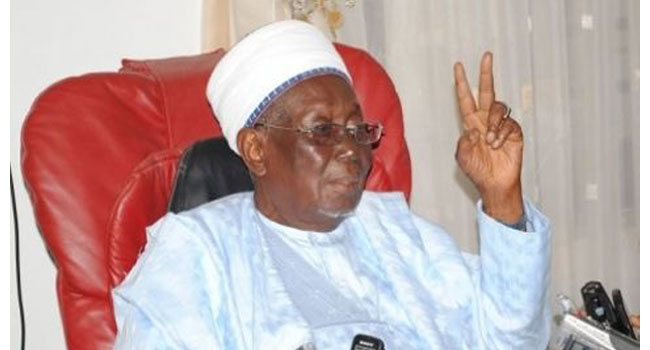BY NASIR AMINU
Redesigning currencies is an activity for sovereign nations. It allows the currency-issuing country to improve the currency’s security to deter counterfeiting. The new notes come with cleaner materials to avoid contamination and becoming dirty.
The United Kingdom (UK) has just concluded its 5-year currency redesign project in September 2022. They studied the impact of introducing the notes from Canada and kept the public updated two years before the launch in 2016, which they did in phases. In December 2021, the European Central Bank announced it was starting a process to select new designs for banknotes. It will consult with citizens from across the 19 nations that use them before a final decision is taken by 2024.
So, it was not new for the “well-intended” Governor of the Central Bank of Nigeria to announce the policy of redesigning the Naira. The country will benefit from curbing illegal activities like counterfeiting and tax evasion. Changing the currency will render the counterfeited currency useless as the criminals cannot exchange their papers in the bank. Those evading taxes will have to exchange their existing currency, which means the authorities will tax them retroactively.
Advertisement
But if the ‘well-meaning’ policy is targeted towards reducing illegal activities and tax evasion, they can do it in a longer period than the stipulated six weeks. Buhari has already indicted everyone unable to meet the six-week window as those with illegitimate income. So, why the desperation? Are they aware of the cost that they will incur? Will the benefits outweigh the incurred cost?
The immediate response came from the foreign exchange market as the value of the Naira declined further. A weaker currency is not good for an import-dependent economy – a country exposed to global shocks. The overall market reaction is not good for the fragile economy recovering from two recessions in six years.
In an ideal society, the ‘well-intended’ policymaker will be worried about those who will be worse off. For example, the UK agrees that old notes can always be exchanged for new ones for new notes at any time after the deadline for the currency exchange passes. This can be done at participating Post Office branches or the Central Bank. Commercial banks still take them as deposits only but not exchanged. European countries also used a similar policy, but some had a deadline of 5 years while some had unlimited time for the exchange.
Advertisement
The ‘well-intended’ policy brings back memories of 1984, and it’s not good. Our history books show that Buhari’s approval of currency redesign in 1984 contributed to the country’s economic recession as people suffered from wealth evaporation. The worry of wealth evaporation is also rising today for those who failed to exchange within the six weeks deadline. Unlike what the President thinks, more people have legitimate earnings and will struggle to exchange them during the window for unforeseen reasons. We are in a democracy, but it does not seem like the policy is designed for a democratic country.
Recall that the central bank (CBN) reported spending N58 billion to print 2.5 billion notes for a total sum of N1.1 trillion in November 2021. Since the cash in circulation is reported to be around N3.2 trillion, it will cost the CBN about N174 billion to print the cash. So, will Nigeria earn enough revenue from taxes, or will the new notes offset the cost of illegal activities in the country? The estimates will be derived from the amount of cash in circulation outside the bank vaults – N2.73 trillion.
One may think of it as a huge sum of money, but the cash in circulation is only 6.5% of the total money supply in the country. Money supply includes all the currency in circulation, savings deposits held by banks and other depository institutions in their accounts at the CBN. Other forms of money supply are certificates of deposits issued by banks, term deposits of residents with the Banking System, call/term borrowings from ‘non-depository’ financial corporations by the Banking System, and ‘Other’ Deposits with the CBN. According to the CBN’s Money and Credit statistics, the total money supply in Nigeria was 49.5 trillion as of August 2022. 49.5 trillion as of August 2022.
For context, the United Kingdom has 4% of its total money supply as cash, while the United States has about 10% of its money supply circulating in cash – according to their apex banks. Globally, we have 10% cash in circulation as a percentage of the global money supply. So, despite lagging in banking technology, Nigeria is still within the average of cash holders with 6.5% of the total money supply.
Advertisement
Earlier this year, a financial firm, PayPassage, announced that Nigeria has about 59 million unbanked adults, and 73% of those people do not have the requisite documents to open a tier-three bank account, like BVN, NIN, utility bill, mobile phones, and other forms of identifications. The statistics will raise eyebrows if we recall how long it took the public to register for National Identification Number, Bank Verification Number, and even the recently concluded voter’s card registration exercise. Therefore, six weeks is too short a window for the new currency exchange unless the target is to evaporate the wealth of those who failed to meet the deadline, and many groups will be affected.
The CBN Governor said the policy is to help take control of the currency in circulation, which will curb rising inflation. The policy should target a large portion of the money supply, not the tiny 6.5% of cash in circulation. Theoretically, inflation is caused when an economy’s money supply grows faster than the economy’s ability to produce goods and services. The inflation rate will even be higher unless additional policies have been implemented to increase economic activity that will grow faster than the money supply.
Given the low average cash in circulation and a high share of the population unable to adopt cashless technology, it won’t be easy to achieve. The economy needs cash in circulation, especially in a country like Nigeria. The CBN will have to print N3.2 trillion in cash to avoid slowing down economic activities as it will take time for businesses to change their behaviour from using cash.
Like the eNaira, the CBN failed to conduct adequate research to mitigate the potential consequences. The intended consequences may not be achieved, leaving the economy worse. Of course, this is a prediction, and it will be considered wrong, like all economic predictions and models. But it is also a real-world analysis that can help decision-making. If the outcomes are not as predicted, we can have a basis for analysing why.
Advertisement
The problem with Nigeria’s ‘well-intended’ policy is that there is a short-term goal taken at the expense of the general public, who are vulnerable. Some interpret Buhari’s insinuations of illegitimate earnings as trying to target politicians who will engage in voter fraud in the 2023 elections. If true, does he think those people will not recalibrate their plans? The targeted groups may choose to hold other currency or assets to avoid the policy, but the vulnerable groups will see their wealth evaporate for unforeseen circumstances. This includes the cash in the diaspora, which will potentially become a wasted paper for anyone unable to change it.
As a solution, the ‘well-intended’ CBN Governor could still announce the six-week deadline and give a longer period to exchange money at specific banks. Buhari will approve this policy if it is rightly justified. It means those with illegal currencies cannot use them for transactions, and the policy has covered the risk of evaporating wealth. Those keeping their cash in Naira will not demand alternative currencies, and there will be no oversupply of Naira in the foreign exchange market. The change will not reduce the powers of the economic and financial crimes commission (EFCC) in applying their 2022 Money Laundering and Prohibition Act.
Advertisement
As it is, the policy is undemocratic and dictatorial, and people must continue to question the timing and the implementation method.
Dr Aminu is of the Cardiff Metropolitan University, the UK.
Advertisement
Views expressed by contributors are strictly personal and not of TheCable.
Add a comment
